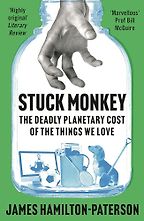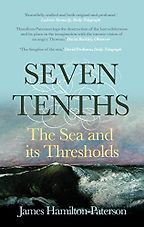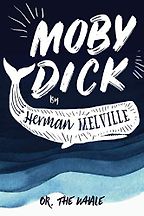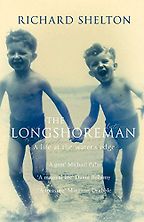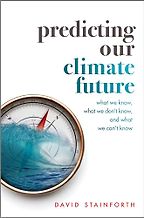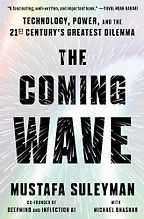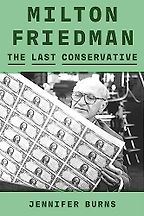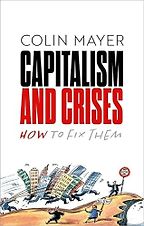Books by James Hamilton-Paterson
“The monkeys, of course, are us. At the beginning of the book, James Hamilton-Paterson describes this tribe of hunters who hunt monkeys and eat them. The way they do it is they put a banana in a jar with a narrow entrance, and the monkeys can’t resist the banana. They put their hand in, and even though they could get their hand out, they don’t because they’re just addicted to it. What he is essentially saying is, ‘Look, before you get too carried away with various other explanations, remember there’s something fundamental about us humans and what we’re doing. That’s why our planet is going the way it’s going.’ Essentially, it’s about the fact that deep in our human nature is an insatiable desire to consume. We just can’t resist it…Hamilton-Paterson’s book is so well written. It’s confronting everyone’s prejudices…The book is in your face, in a very easy-going way. I thought it was a brilliant book. And it’s sobering.” Read more...
Seven Tenths
by James Hamilton-Paterson
A wonderful meditation on the sea and its scale - historical, ecological and lyrical
Interviews where books by James Hamilton-Paterson were recommended
The best books on The Sea, recommended by Philip Marsden
The travel writer casts his net over books about the sea and comes up with a haul including Moby Dick and a naval history of Britain.
-

1
Predicting Our Climate Future: What We Know, What We Don't Know, And What We Can't Know
by David Stainforth -

2
The Coming Wave: Technology, Power, and the Twenty-first Century's Greatest Dilemma
by Michael Bhaskar & Mustafa Suleyman -

3
Milton Friedman: The Last Conservative
by Jennifer Burns -

4
Capitalism and Crises: How to Fix Them
by Colin Mayer -

5
Stuck Monkey: The Deadly Planetary Cost of the Things We Love
by James Hamilton-Paterson
The best books on Economics and the Environment, recommended by Dieter Helm
The best books on Economics and the Environment, recommended by Dieter Helm
If you want to take an economy that’s wholly dependent on fossil fuels and turn it into a low-carbon one it’s going to be expensive, says economist Dieter Helm—and the sooner we face up to that reality the better. He recommends books to help us think through the relationship between economics and the environment, including one that really shines a spotlight on our own, individual behaviour.
